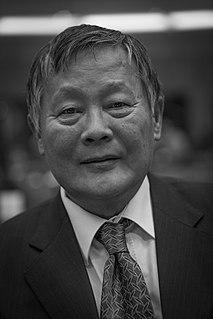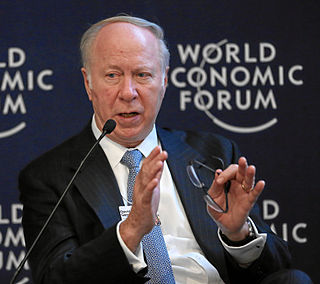A Quote by Paul Rodgers
If you look at my history, my history is that of forming bands rather than joining them.
Related Quotes
I've always loved history, from my youngest memories. My father enjoyed the great stories of history, like Hereward the Wake, Robin Hood, and Richard the Lionheart, and he shared them with me. I went on to do a degree in history, though I found it rather dry, because it was mostly about politics rather than dashing individuals!
There's a lot we should be able to learn from history. And yet history proves that we never do. In fact, the main lesson of history is that we never learn the lessons of history. This makes us look so stupid that few people care to read it. They'd rather not be reminded. Any good history book is mainly just a long list of mistakes, complete with names and dates. It's very embarrassing.
London' is a gallery of sensation of impressions. It is a history of London in a thematic rather than a chronological sense with chapters of the history of smells, the history of silence, and the history of light. I have described the book as a labyrinth, and in that sense in complements my description of London itself.
'London' is a gallery of sensation of impressions. It is a history of London in a thematic rather than a chronological sense with chapters of the history of smells, the history of silence, and the history of light. I have described the book as a labyrinth, and in that sense in complements my description of London itself.
Music expresses feeling, that is to say, gives shape and habitation to feeling, not in space but in time. To the extent that music has a history that is more than a history of its formal evolution, our feelings must have a history too. Perhaps certain qualities of feeling that found expression in music can be recorded by being notated on paper, have become so remote that we can no longer inhabit them as feelings, can get a grasp of them only after long training in the history and philosophy of music, the philosophical history of music, the history of music as a history of the feeling soul.
If you look at history, even recent history, you see that there is indeed progress. . . . Over time, the cycle is clearly, generally upwards. And it doesn't happen by laws of nature. And it doesn't happen by social laws. . . . It happens as a result of hard work by dedicated people who are willing to look at problems honestly, to look at them without illusions, and to go to work chipping away at them, with no guarantee of success — in fact, with a need for a rather high tolerance for failure along the way, and plenty of disappointments.
If, in schools, we keep teaching that history is divided into American history and Chinese history and Russian history and Australian history, we're teaching kids that they are divided into tribes. And we're failing to teach them that we also, as human beings, share problems that we need to work together with.
If you look at history, every major realignment in our politics is a joining together of a new generation and emerging technologies. Obama has been a pioneer in joining the powers of the Internet with the principles of community organizing. Howard Dean used the Internet for meetups - Obama used it to create a movement.


































